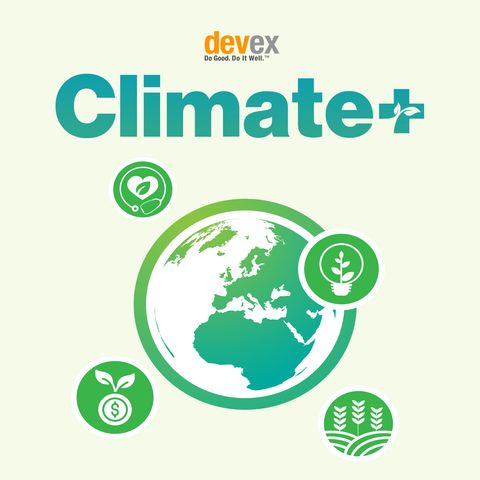Giving Indigenous peoples a seat at the climate table

Descarga y escucha en cualquier lugar
Descarga tus episodios favoritos y disfrútalos, ¡dondequiera que estés! Regístrate o inicia sesión ahora para acceder a la escucha sin conexión.
Descripción
For too long, Indigenous peoples were sidelined from the climate negotiations process, despite being among the most directly affected by climate change. That changed at COP 26 in Glasgow, when...
mostra másIndigenous leaders, however, argue that there is still a long way to go towards having their rights sufficiently recognized. “We see that at least we have some spaces that we occupy, and mechanisms which allow better participation, but we still have to do much more at the national levels,” said Victoria Tauli-Corpuz, former United Nations Special Rapporteur on the Rights of Indigenous Peoples, in the latest episode of Climate +.
Tauli-Corpuz said she and other Indigenous representatives are calling for Indigenous peoples’ rights, territories, and knowledge to be recognized in countries’ national climate mitigation plans (known as nationally determined contributions, or NDCs).
Tauli-Corpuz, who is a member of the Kankanaey Igorot people of the Cordillera Region in the Philippines, also shared her own experiences of being targeted by the government as an environmental defender, why direct access to climate finance is still a pain point for Indigenous communities, and what needs to happen to safeguard Indigenous peoples’ rights in the face of the renewable energy transition.
The Climate + podcast is supported by the World Bank. To learn more about efforts to end poverty on a livable planet, visit: https://www.worldbank.org/en/programs/the-world-bank-at-cop28
Información
| Autor | Devex |
| Organización | Devex |
| Página web | - |
| Etiquetas |
-
|
Copyright 2024 - Spreaker Inc. an iHeartMedia Company
